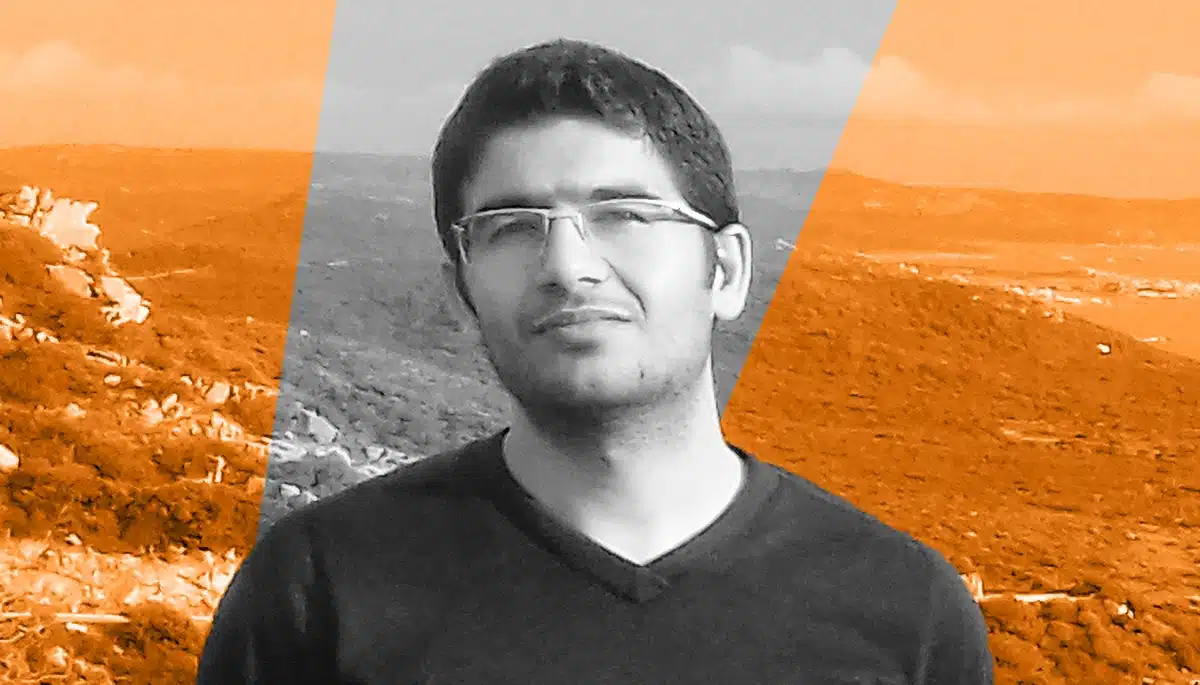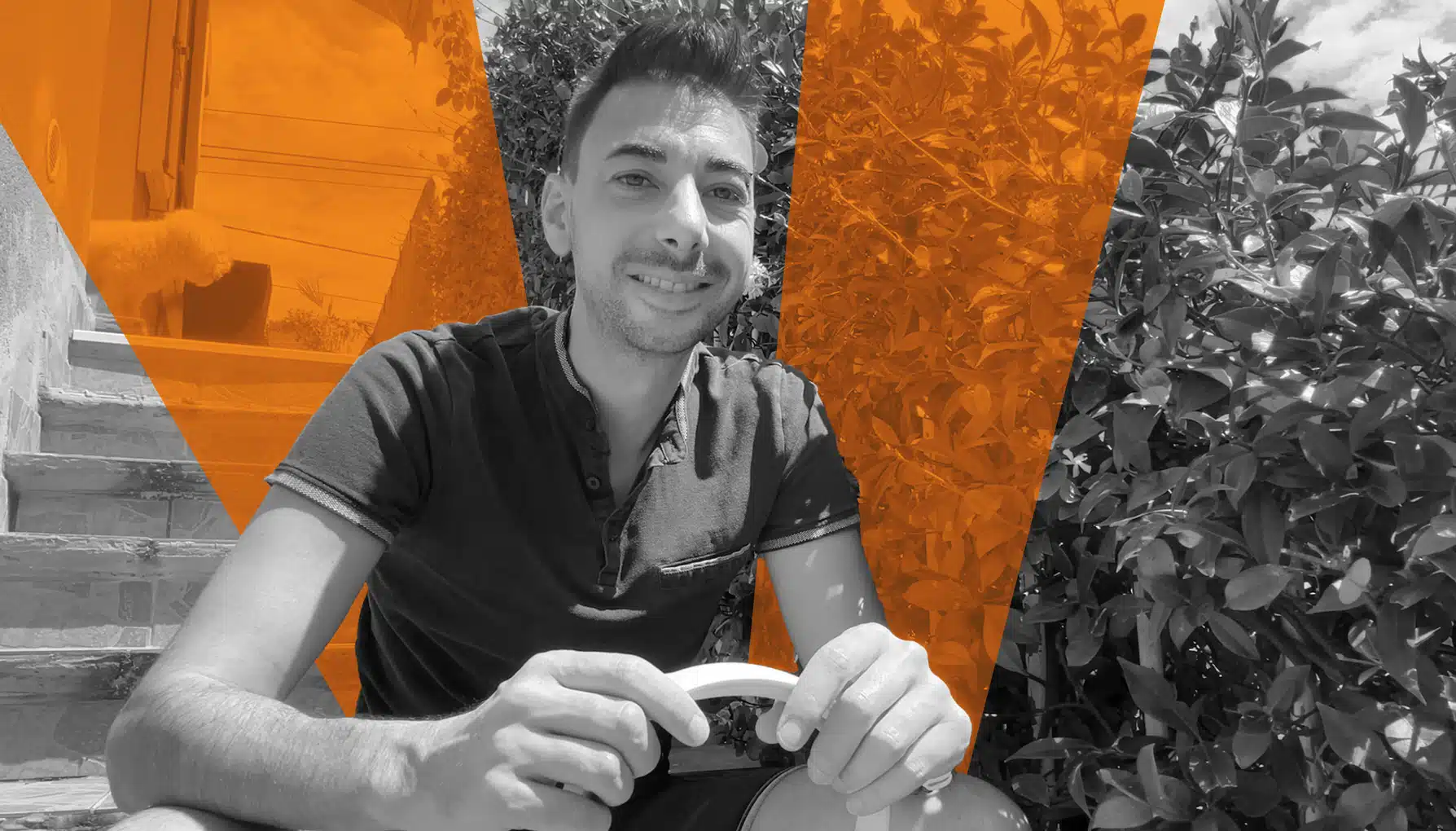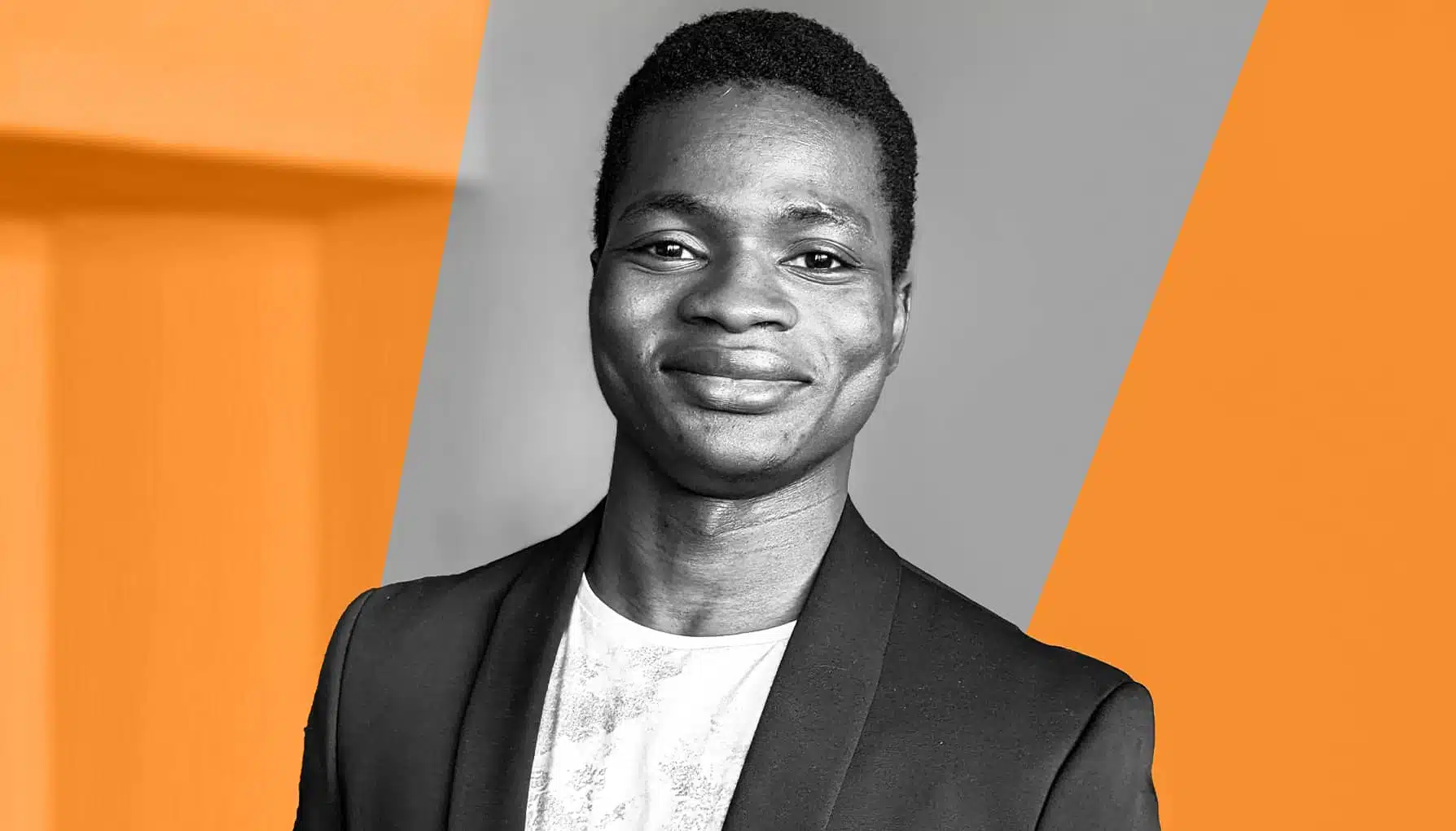Meeting with Clément, Development Engineer at Diabeloop
His daily life as a developer in a medtech
Date
Share

Diabeloop: What is your daily life as a Development Engineer at Diabeloop?
Clément: I am an Android mobile developer in Diabeloop’s CoreDroid team, a sub-team of the larger DevDroid team. I work on the system environment in which the applications developed by Diabeloop run. While we always keep the end-users of our solutions in mind, the DevDroid team is our primary internal customer. We are responsible for customizing the technical environment to meet the needs and requirements of the mobile applications developed by the DevDroid team.
Diabeloop: In your team, do you use a particular working method?
Clément: Yes, we work according to the SCRUM method, punctuated by “sprints” that last about two weeks. The Project Owner of the team is in charge of the organization of the sprint. Every two weeks, we decide which tasks will be part of the next sprint. To follow the progress of the project, we have daily meetings, sometimes very short ones, which allow us to take stock of what has been done, what remains to be done and any problems encountered.
Diabeloop: The medical industry is governed by a strong regulatory framework and associated obligations. What does it mean to be a developer for a medtech company?
Clément: The usefulness of the solutions we develop at Diabeloop, which change the lives of people living with diabetes, is a daily driving force. The regulatory framework is understandable and reassuring for devices that make therapeutic decisions. Regulatory requirements put more inertia into the development process.
From my perspective, in other less regulated industries, development cycles are shorter. For example, updates can be implemented within a week. In healthcare, regulations require longer cycles. Nevertheless, it does not hinder innovation. We are given enough freedom to meet these requirements. I would even say that this imposed regulatory framework feeds the reflection and pushes us to go further in our innovations, while respecting the requirements. It is a challenge that requires more adaptability.
Diabeloop: What project did you complete that you are particularly proud of?
Clément: The first month after I joined Diabeloop, we encountered a Bluetooth connection problem with a partner sensor to establish communication with the terminal that hosts the algorithm we are developing. I spent about three months unpacking the code to understand how it works. It was a high-speed learning experience because the problem had to be solved as soon as possible. The solution we implemented allows for an optimal and robust Bluetooth connection with the blood glucose sensor. This project was a challenge that pushed me to quickly master the work environment in which I would evolve.
Diabeloop: What do you find most challenging about being a development engineer?
Clément: I really like inter-team projects like a hackathon or a POC (proof of concept). Workshops to solve a subject, to advance on a problem are very stimulating. It is an opportunity to share skills with other teams, while covering a variety of technical topics. Personally, I love this mix!
Diabeloop: What do you think of Diabeloop as a company?
Clément: I really enjoy working for Diabeloop. I recognize myself in the values and principles of the organization. I am particularly attracted by the fact that we have both freedom and a co-responsibility. The company lets me organize my time, either on site or remotely. I am trusted to work best way I know how, and I have rarely seen that anywhere else. Co-responsibility makes particular sense to me. The trust and freedom that Diabeloop gives me makes me feel my responsabilities inside the company and my team to serve the end patients.
In my team, agility and solidarity are the cornerstones of daily work. We can easily ask questions, ask for help, without any judgment. For example, when we are working on a very difficult part of code or one that we don’t master, we usually don’t spend much time on it. Someone who is familiar with the subject matter will quickly help us or take over, in order to optimize time and resources.
Diabeloop: What should a Development Engineer keep in mind?
Clément: In our business, technology watch is essential. I try to spend time on it every week, especially on the topics I’m currently working on. It is fundamental to go deeper and read the literature. I think we should not hesitate to open our minds and to explore what is being done elsewhere. Advances in other industries can also be applicable to us and move us forward. Finally, when you are an Android Development Engineer, you can’t do without a cybersecurity watch!
Diabeloop: Some people are reluctant to apply for jobs in the medical industry because of the regulatory environment. What would you tell them?
Clément: I would say to them that you have to look at the whole picture and focus on the meaning that the company gives to our job, it’s essential. For me, this helps to find a balance and compensates for any possible obstacles, preconceptions or preconceived ideas. The regulatory framework of the health field is not necessarily a constraint. It is first of all a question of point of view, it depends on how we approach it, how we apprehend it. It is also an opportunity to evolve in an increasingly stimulating and challenging environment, to develop one’s adaptability and to encourage creativity in order to innovate.
I would also like to tell them that from one business area to another, the core of our business remains the same. The only difference that I have identified in the healthcare field is that the development cycles are more advanced, more important and involve more things, especially everything related to testing and documentation. Otherwise, the work methodology and automatisms are very similar from one sector to another.
Diabeloop: In your opinion, how will the job of Development Engineer in medtech evolve?
Clément: The road ahead is towards more automation, more software interventions in healthcare and more Artificial Intelligence in healthcare. This implies the introduction of more risks and high stakes in terms of cybersecurity. This is already evident in the cyber-attacks suffered by some hospitals. In my opinion, security is going to be more than ever at the heart of concerns and the job of Cybersecurity Engineer is going to develop a lot. This change will require the vigilance of the development specialists in activity. They will have to be trained and made aware of the specific risks. Not estimating cyber risks would be a profound slowdown in health innovation.
Diabeloop: What qualities are useful for a developer?
Clément: First of all, I would say patience. The cycles are long and in case of a bug, generally the solution is not found instantly. It is often necessary to analyze thousands of lines of logs before coming up with any insights.
Secondly, thoroughness and curiosity. And also, knowing how to work in a team. This implies adapting oneself and adapting to others. Development is truly a collaborative business. Each Development Engineer works on a small brick to reach a final result as a team.
To top it all off, I think we need to keep in mind the end users of the solutions we develop and remain results-oriented.
Diabeloop: Were you destined to be a developer?
Clément: Absolutely not, I wasn’t even destined to work in technology. To tell you the truth, I lived in Syria, in a village very far from civilization. And yes, I have known daily life without electricity! I studied in a city in Syria and I got my first computer between 23 and 25 years old. Very quickly I was caught up in computers and technologies.
Diabeloop: Tell us about your arrival at Diabeloop!
Clément: I joined the company at a very special time, during the first COVID-19 quarantine in France. Diabeloop is my first experience in the medical industry, previously I worked in the development of connected objects for the home. I discovered Diabeloop through a job posting on LinkedIn. The company’s mission to improve the lives of people with diabetes makes the day-to-day work truly meaningful. Combined with the interest in the open position, this is what encouraged me to apply.


